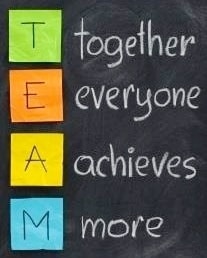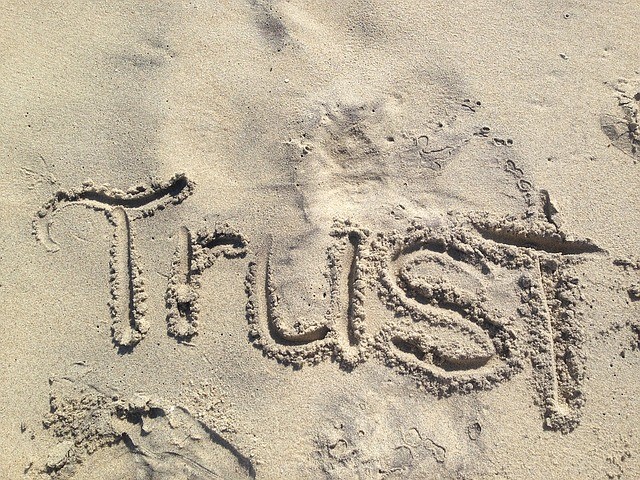One Plus One Equals Three

When UK author and futurologist Richard Watson conducted a research for his book Future Minds, he contacted 1,000 people from a range of professions and asked each of them, “Where and when do you do your best thinking?” Only one person said “In the office.” Even that one didn’t really count, because what he actually said was “In the office early in the morning before anyone else arrives… or in meetings when a colleague is droning on.” It is a tragedy that we spend ££millions designing offices, and ££billions as a nation building and maintaining the infrastructure to get our people to and from them every day, but the best thinking is done elsewhere, alone and isolated from colleagues.
Team Work Revealed:
We’ve all had a moment in our lives when, in the midst of a busy day, we’ve caught ourselves complaining, “Why do I have to collaborate or do this as a team?” True it takes time and effort. There is a lot of confusion about the true nature of teamwork, and for some they might believe it’s simply about doing the same job together. This is not progressive and will generally not achieve much more than the individual could.
MD and Founder of Connectwell, Steve Bernard, once said: “Teams that have never experienced genuine teamwork are merely sharing air, space and time with other people, and you can do that on the tube, or the beach with complete strangers!” True Teamwork is a synergistic way of working, where the sum is greater than the parts. Properly managed, teamwork maximizes complementary strengths, bringing out the best in each member and results in a better outcome(s).
Become a true Team Player:
Still, it’s one thing to work in the team and quite another to be part of that team. After all, the most important quality in a work environment is the ability to work with others in a team. Business Author, Stephen Covey put it beautifully when he said, “What we want is performance; what we ask for is teams, so what we get is confusion! What we want is performance; what we should ask for is performance and what we will get is performance!”
The question is, how do we find the ability to be in a harmonious relationship with other team members? How do we agree to disagree without slowing down productivity? How do we support our team-members’ notions and still put forward our own ideas? The truth is that with the right balance of strengths, motivations and individual behaviours it really is perfectly feasible.
Diversity:
To be a true team player, you don’t have to be extroverted or indulge in self-promotion. In fact, great team players sport all kinds of personalities. If you will be an active participant, put the team’s objectives above yours and take the initiative to get things done without waiting to be asked, you will find yourself edging towards great team player territory. While most of us can list the qualities of bad team members, we can forget the qualities that make a great team player.
Here is the list of top 10 qualities that make a great team player:
- Demonstrates Reliability and can build trust
- Communicates Constructively including actively listening
- Functions as an active participant by respecting and appreciating other team roles
- Shares openly and willingly including when things go wrong
- Cooperates and pitches in to help
- Exhibits flexibility and adapts style to fit the situation
- Shows commitment to the team and shared outcomes
- Works as a problem-solver and spends less energy complaining
- Is willing to learn as an individual, is humble and admits mistakes
- Supports and challenges ideas and performance with good intent
Modern society and industry is a complicated system that requires team work, communication and cooperation among individuals. It is not enough simply to do great thinking alone. Yes, life would be great if it weren’t for other people sometimes! But we must not forget that it is through relationships with others that we achieve the greatest achievements. Winning through the ‘Lone Wolf’ or the ‘Superhero’ character is typically short lived and short sighted because they compromise on even greater performance potential. It’s not sustainable and creates its own problems. If you don’t believe us or our research, just ask The World Cup winner:
“I am constantly being asked about individuals. And I always answer – the only way to win is as a team.’ – Pele
An article by Sophie J Khinch







